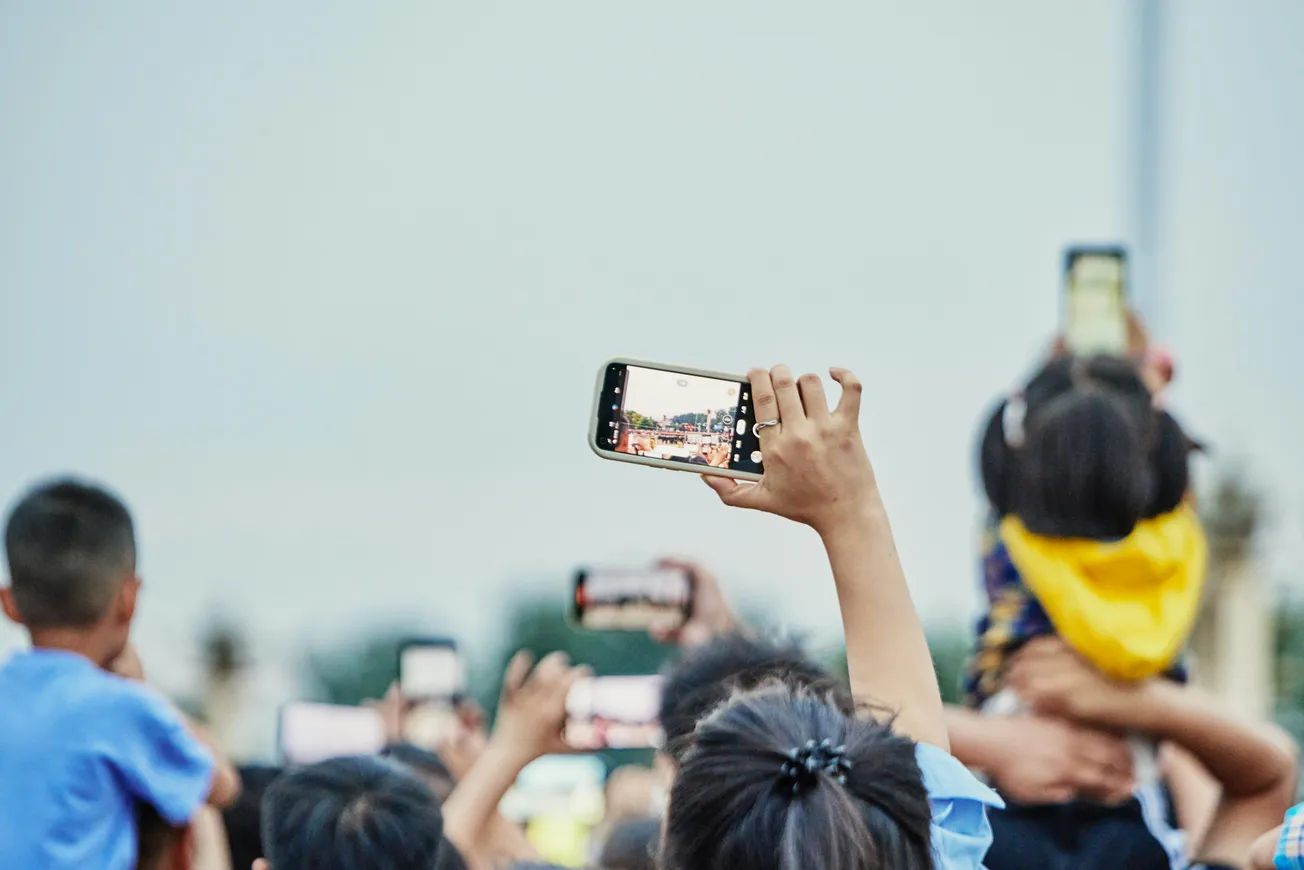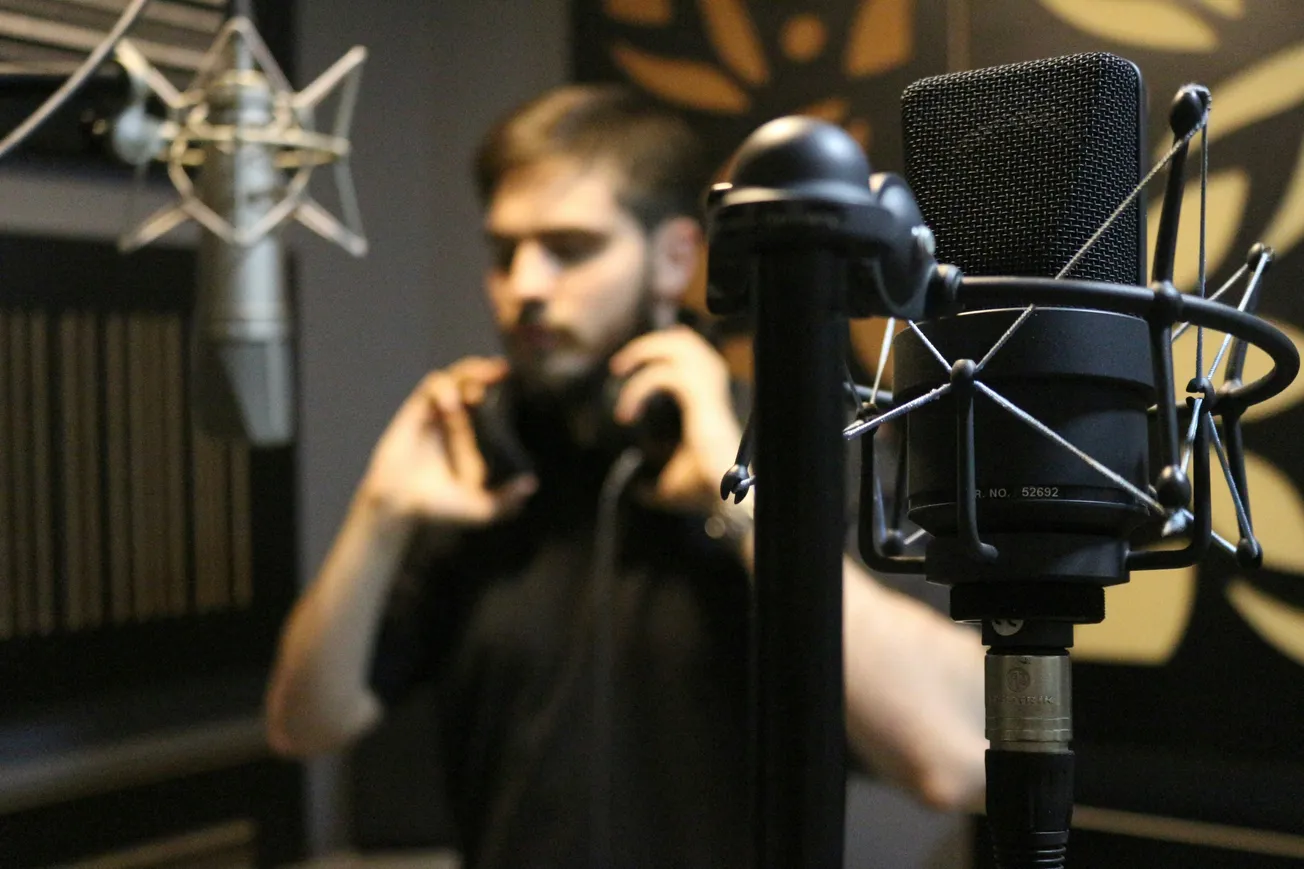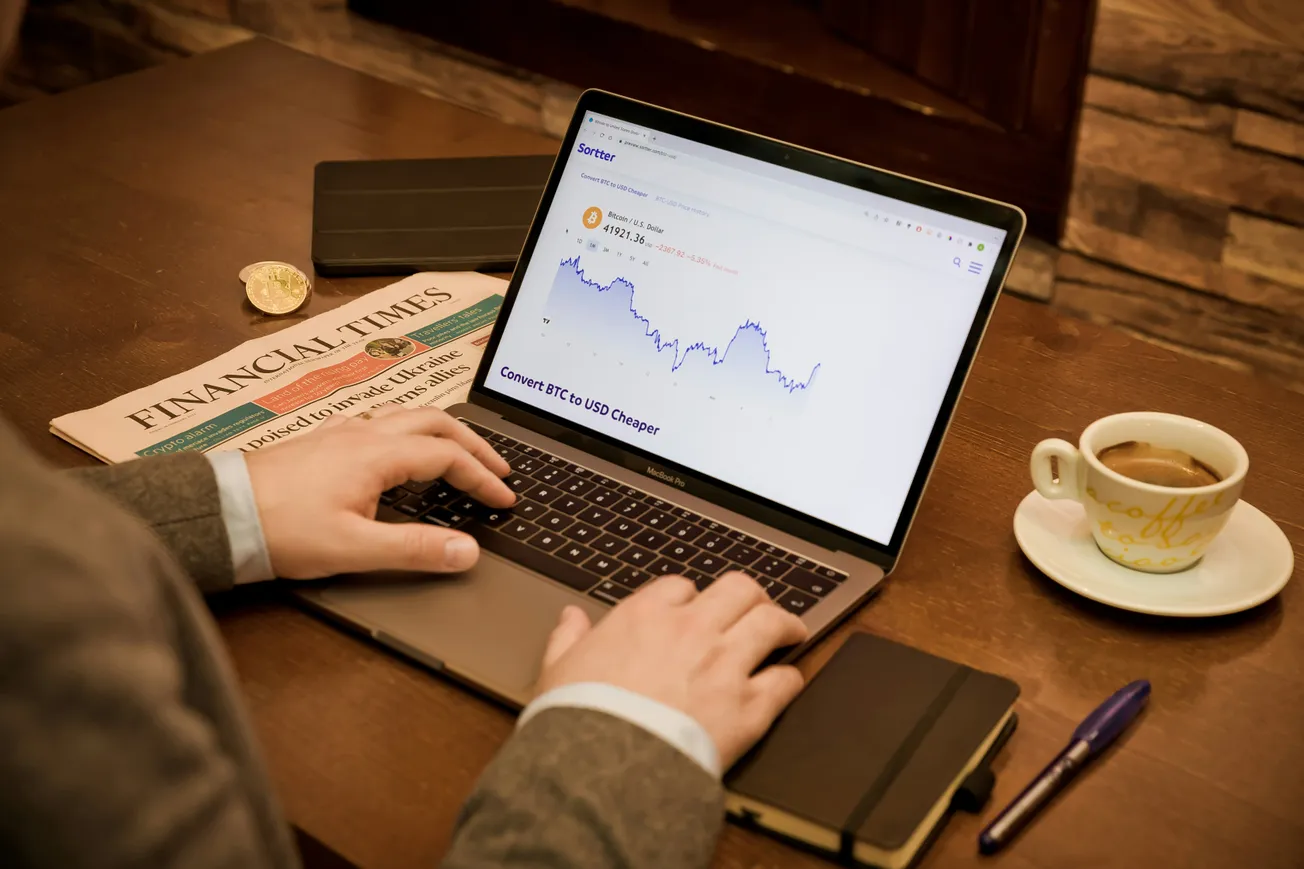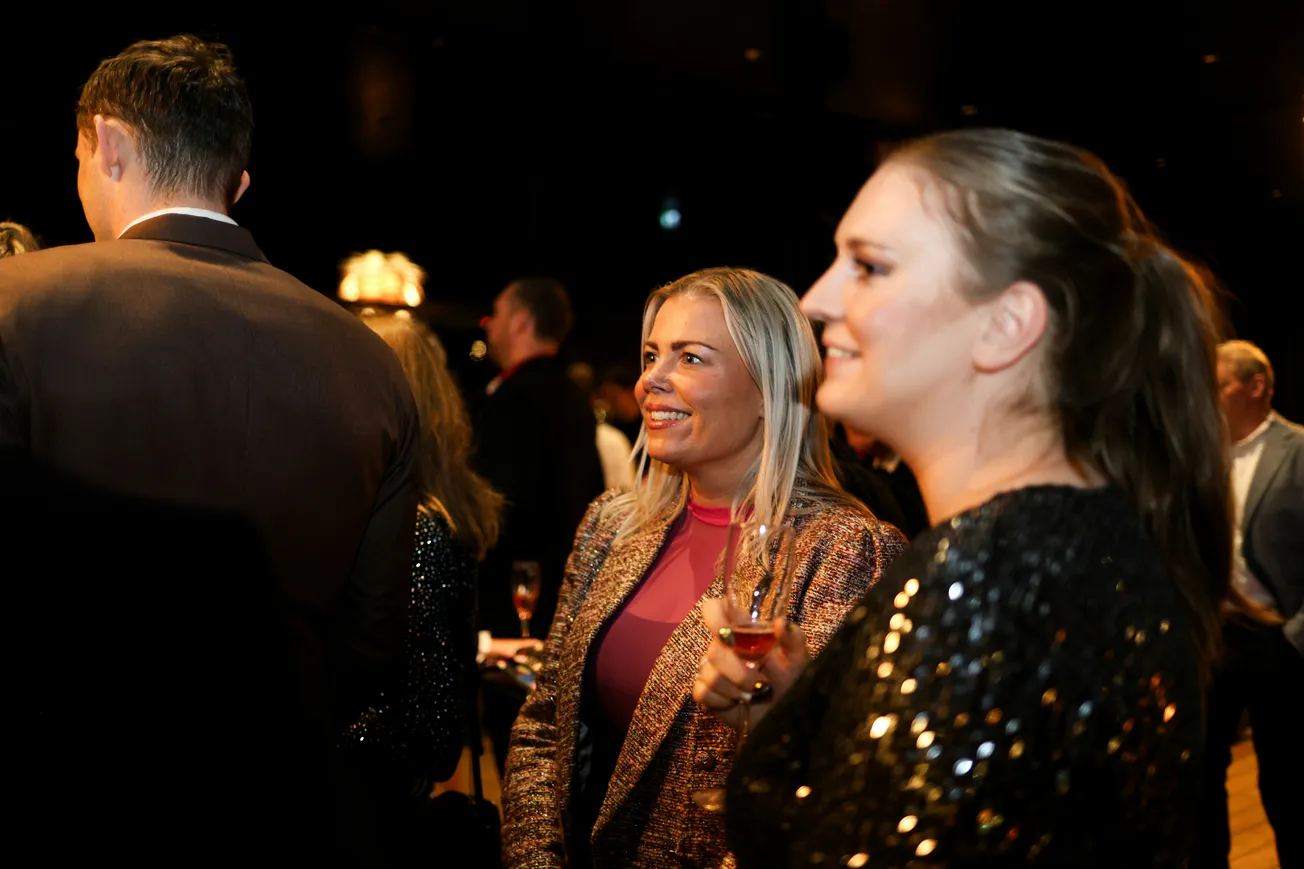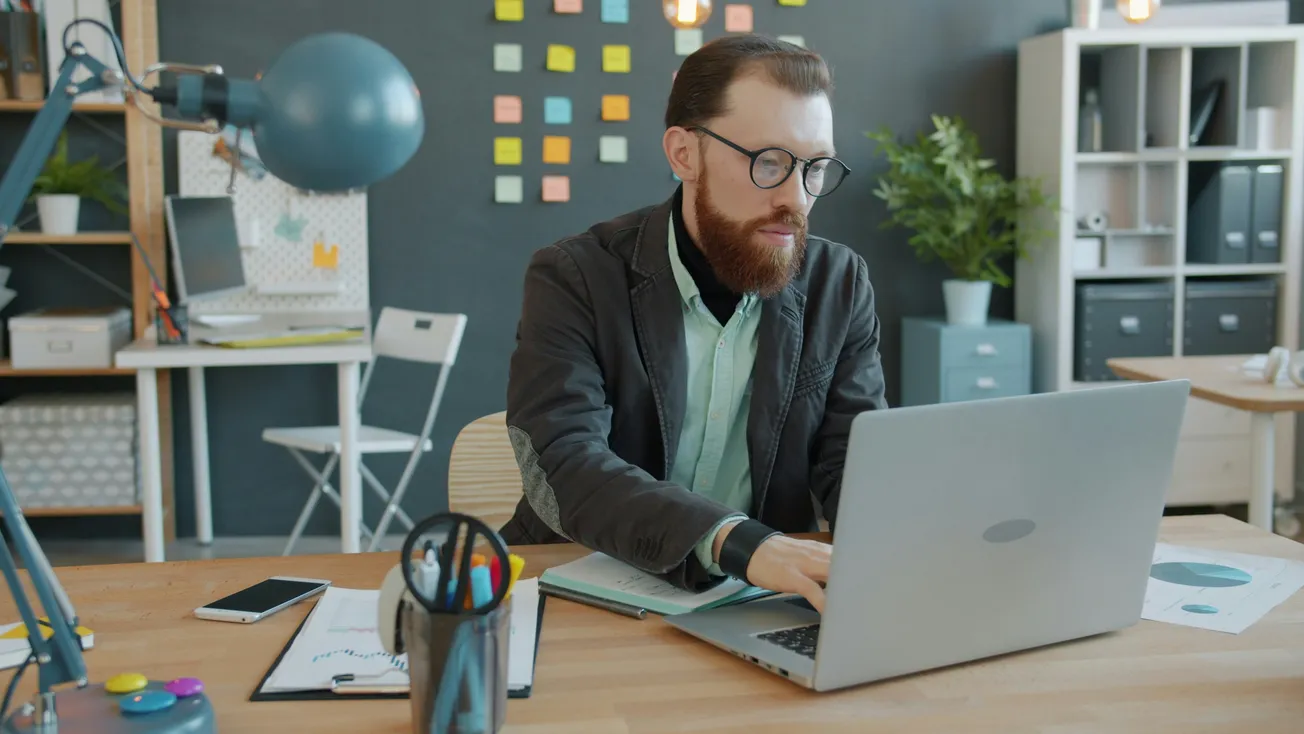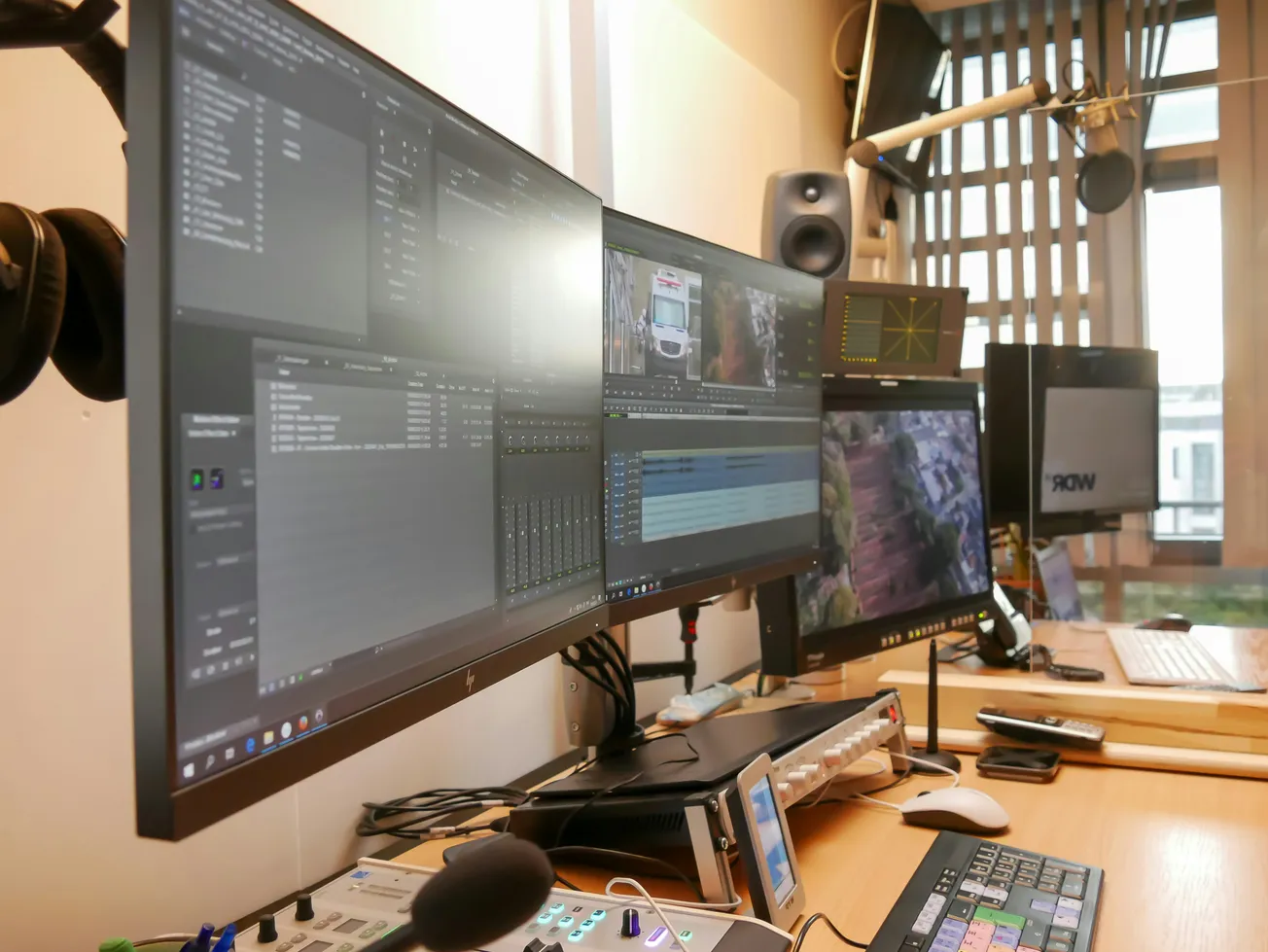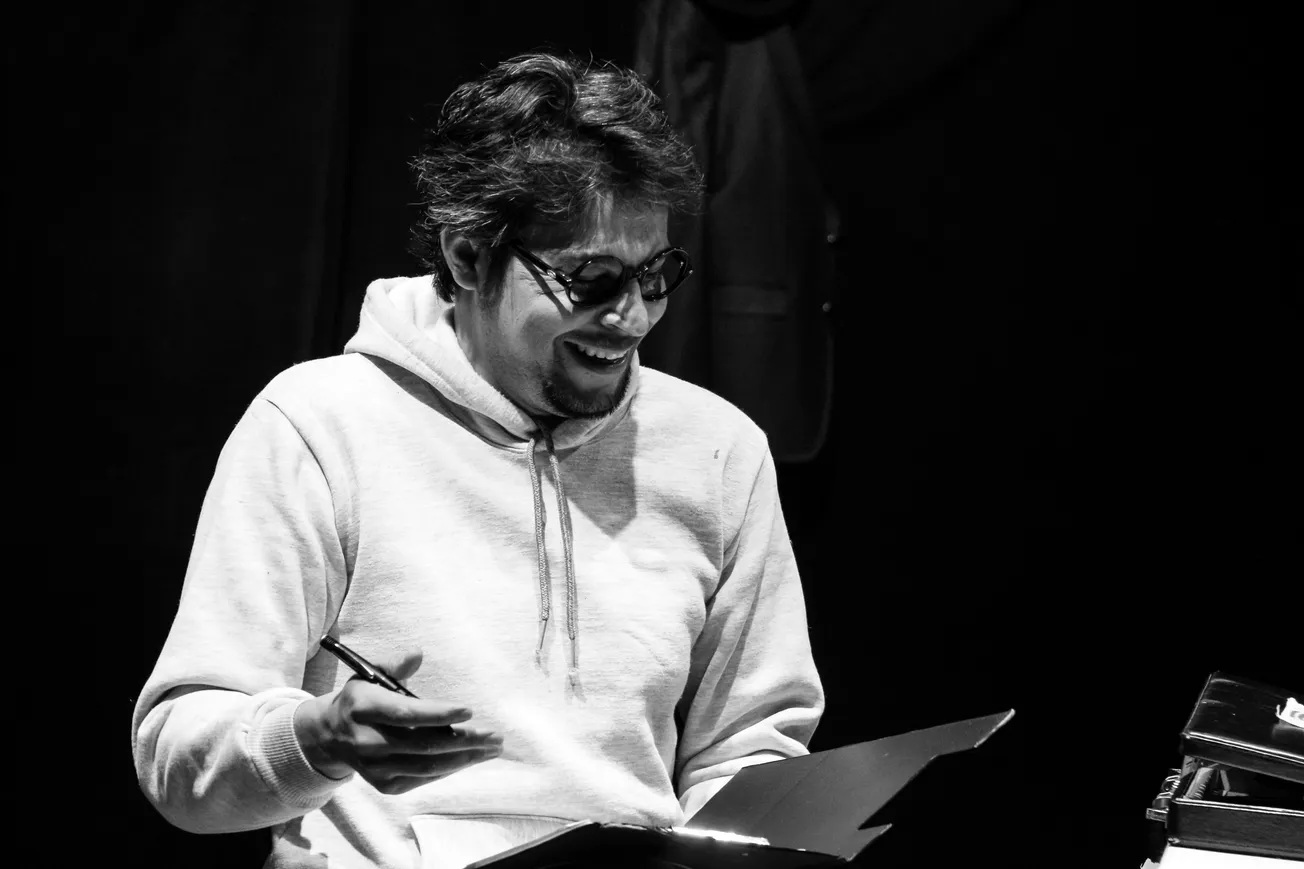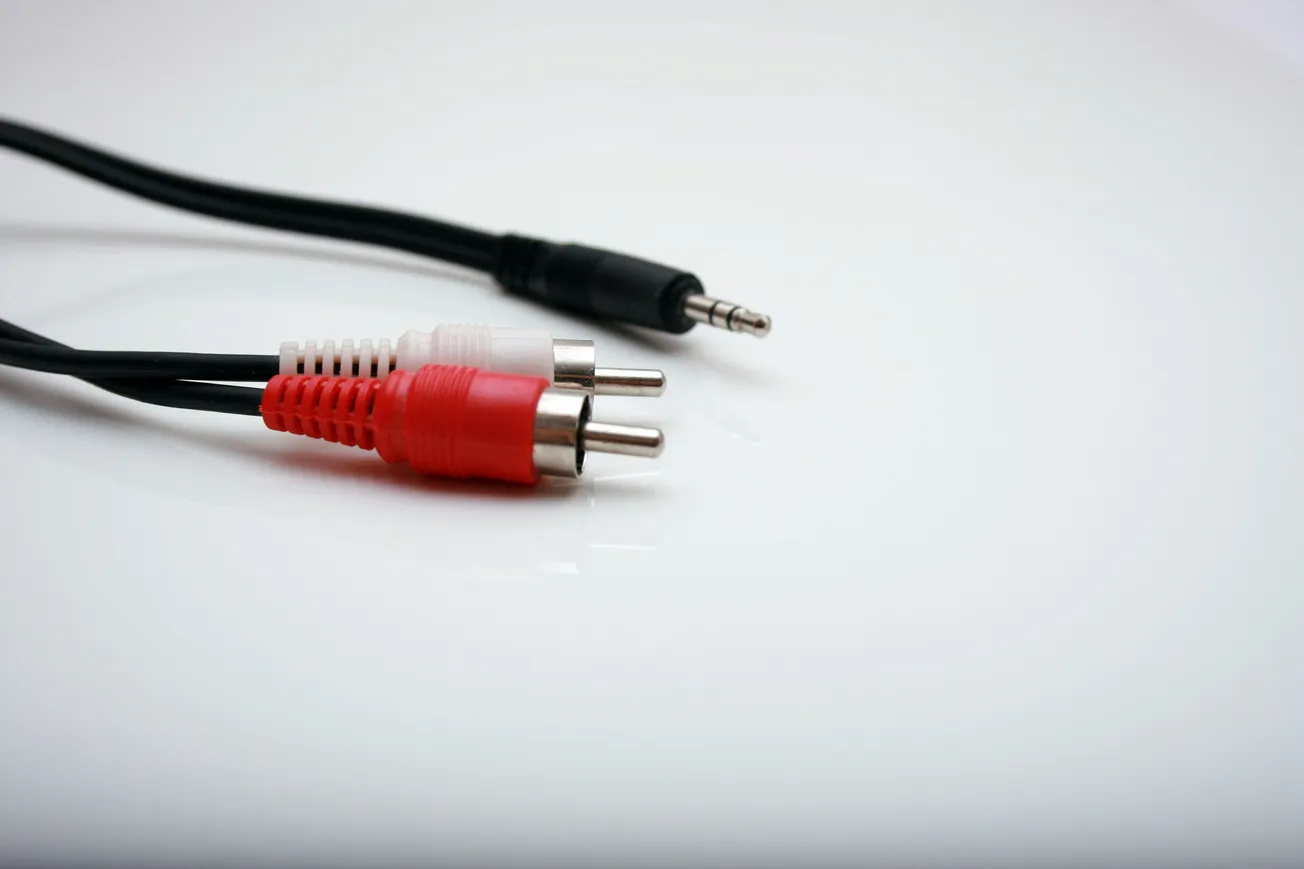As more creators shoot video content on location—whether for YouTube, social media, or client work—it’s crucial to understand the legal and logistical rules around filming in public or semi-public spaces.
A recent example from London’s Borough Market illustrates the issue. Influencers and branded content creators are now required to request permission before filming, even with minimal gear or crew. This reflects a broader trend: venues are tightening filming regulations in response to the surge in creator-led production.
Here’s what creators and small teams need to know before hitting record in public:
- Not all “public” spaces are truly public.
Parks, markets, transit hubs, and city plazas may look open, but many are privately managed. If your shoot is commercial (branded, monetized, or promotional), you may need permission—even for small setups. - Commercial use changes everything.
If you’re planning to publish content for business purposes (ads, sponsors, YouTube monetization, or brand storytelling), it counts as commercial. Even solo creators or two-person teams need to comply with permit requirements. - Permissions and insurance may be required.
Some locations need advance notice, a formal filming request, or proof of public liability insurance. Without them, you could be asked to leave or forced to scrap your footage. - Be mindful of crew size and impact.
Small teams may still create disruption. Know when and where you’re allowed to film—some locations restrict filming during peak hours or weekends. - Document everything.
Always carry permission letters or permits, and keep a log of shoot details (time, location, contacts). It can help if disputes arise later.
Respect the rules of the space you’re in. Legal and logistical preparation protects your work, keeps production moving, and avoids costly issues. As creator content becomes more professional, how you handle public filming should too.


